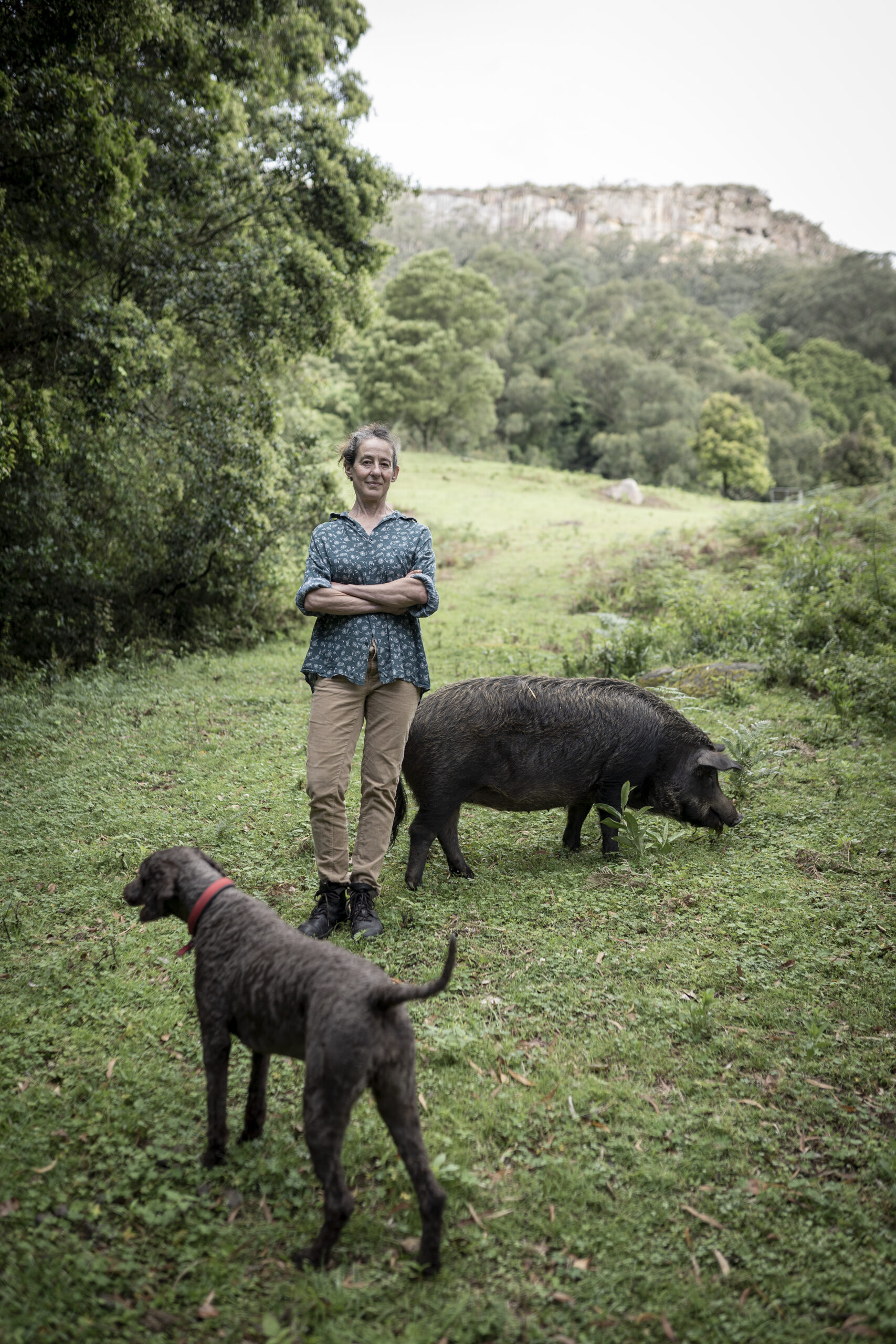Organizational studies have traditionally focused solely on humans within organizations, neglecting and marginalizing other species as objects, food, symbols and resources. While such humanist hegemony is understandable from a pragmatic perspective, the absence of other species from organizational studies is problematic particularly as recent empirical research has shown the significance of other creatures to the meaningful experience of human work and as organizers in their own right. Ants, for example, organize traffic in bottleneck situations (Dussutour et al, 2004), exhibit managerial behaviours in arranging their living accommodation and interacting within their community (Sanders and Gordon, 2003). Similarly, the large and variegated literature on canines has pointed to their significant roles in military and law-enforcement as well as in therapeutic and affective roles within schools, hospitals and other care settings (see for example, Knight 2005; Sanders 2006; Taylor, 2007 and 2010). There are promising signs the work of animals is starting to get the critical attention it deserves with, for example, a new book on the work of animals by Kendra Coulter (2015) recently being published. The acting capacities of animals and their different forms of organizational agency provide the mandate for their inclusion in research and while interest in this is undoubtedly growing within organization studies, (see, for example, the recent special issue of Organization edited by Labatut et al, 2016 and the 2016 Standing Conference on Organizational Symbolism entitled ‘The Animal’) significantly more attention needs to be paid to this important subject. This is the aim of this special issue of Gender Work and Organization.
See: https://sites.google.com/site/callforpapersgwononhuman/
Submissions
Articles should be no more than 9,000 words long and follow the Gender, Work & Organization guidelines for authors.
Full Papers (not under review elsewhere) should be submitted through the journals online system, (http://mc.manuscriptcentral.com/gwo), and clearly marked under manuscript type as ‘special issue’.
The deadline for submissions is 30 March, 2017.
All papers will be reviewed as per journal guidelines.
Queries relating to the special issue should be directed to Kate Sang (k.sang@hw.ac.uk), Lindsay Hamilton (l.hamilton@keele.ac.uk) or Janet Sayers (j.g.sayers@massey.ac.nz)
Papers of approximately 8-9000 words are invited. Papers based on empirical studies are welcomed that theorise human-nonhuman relations through human-animal studies scholarship. Theoretical and conceptual papers are welcomed, as are papers that use novel theoretical and methodological approaches.


